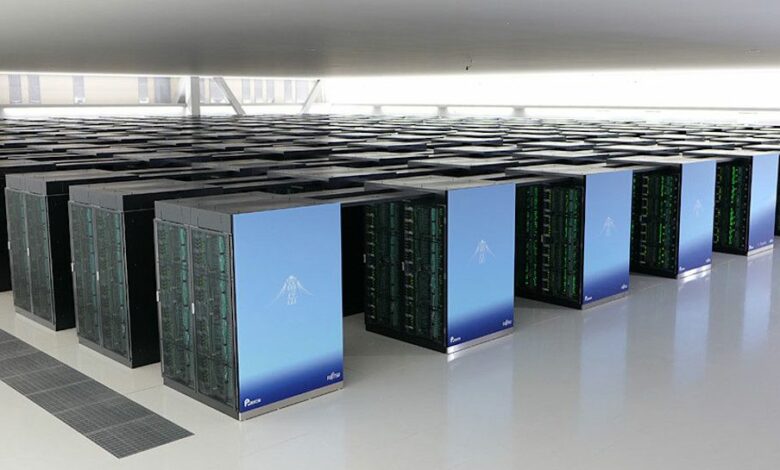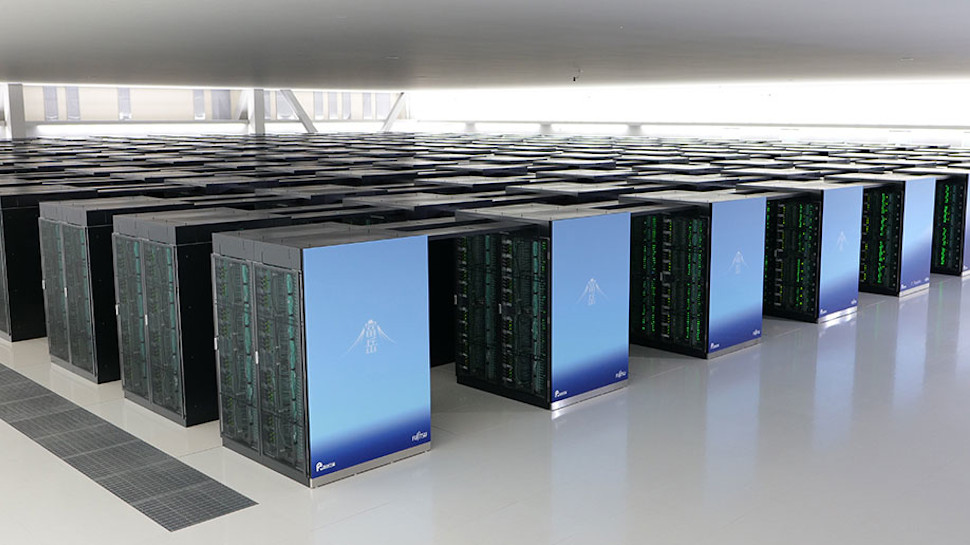Fujitsu plans most powerful CPU ever for its supercomputer: launching in 2027, 288-core Monaka ditches HBM and will use PCIe 6.0 and 2nm process, but will it be enough to fend off x86?


Fujitsu is preparing to introduce a new data center processor in 2027. The 288-core (144 cores x two sockets) Monaka chip is based on the Armv9-A architecture and adopts High Bandwidth Memory in favor of PCIe 6.0 (CXL3.0).
The chip will use 3D many-core architecture for more cores, lower latency, and high throughput. This architecture uses a 2nm process for the core which offers high performance and lower power consumption, and a 5nm SRAM for all the last level cache, tightly coupled to the core which via Through-Silicon Via (TSV) technology. It will have 12-channel DDR5 memory and will be air-cooled.
Fujitsu says Monaka will protect sensitive data across cloud, edge and HPC environments through Confidential Computing, which secures data by encrypting each virtual machine with a unique key managed directly by the processor hardware and firmware.
Successor of A64fx
“Monaka is expected to redefine the computing experience,” Fujitsu claims. “Forecasts for 2027 suggest an impressive 2x increase in application performance and 2x energy efficiency compared to competitors, establishing Fujitsu-Monaka as a pinnacle of innovation.”
The processor, aimed at AI and HPC systems, is the successor to the Fujitsu A64FX used in the Fugaku supercomputer, which is based on the 48-core Armv8-A architecture and HBM2. Fugaku (pictured above) is currently the world’s fourth most powerful supercomputer, and the Monaka chip will likely be used in its successor, FugakuNEXT, scheduled for 2030.
Monaka’s hardware will feature standard Linux OS support and system architecture, and Fujitsu is working with Arm on open-source software including development tools, compilers and libraries. Monaka will face stiff competition from the dominant x86 processors, but compatibility with standard software and development environments could help ease adoption.
“Fujitsu-Monaka’s commitment to open ecosystems and energy-efficient CPUs will be a crucial step in democratizing AI,” the company said in its announcement. “Fujitsu’s forward-thinking approach, with the development of the Fujitsu-Monaka CPU, aligns with the vision of a carbon-neutral society. Its wide range of AI applications, from healthcare to defense, underscores the transformative impact of accessible AI.”




